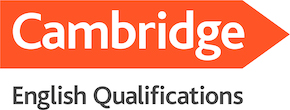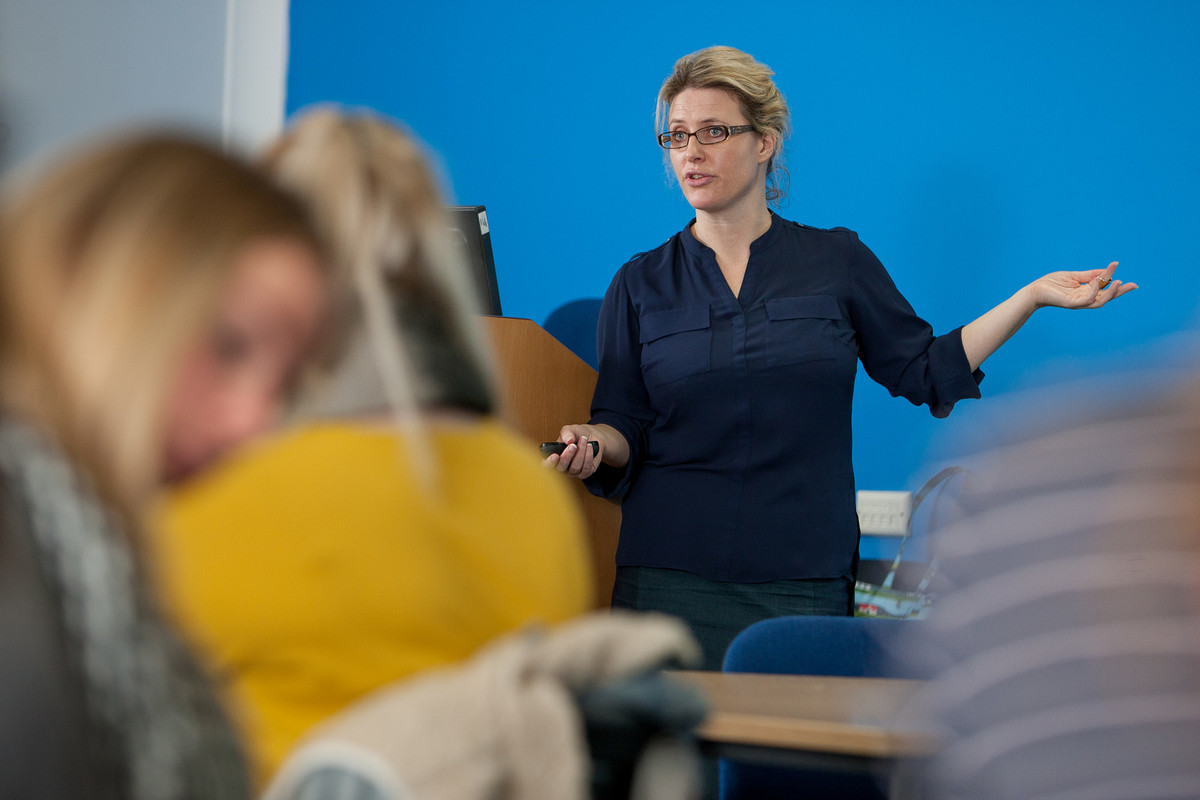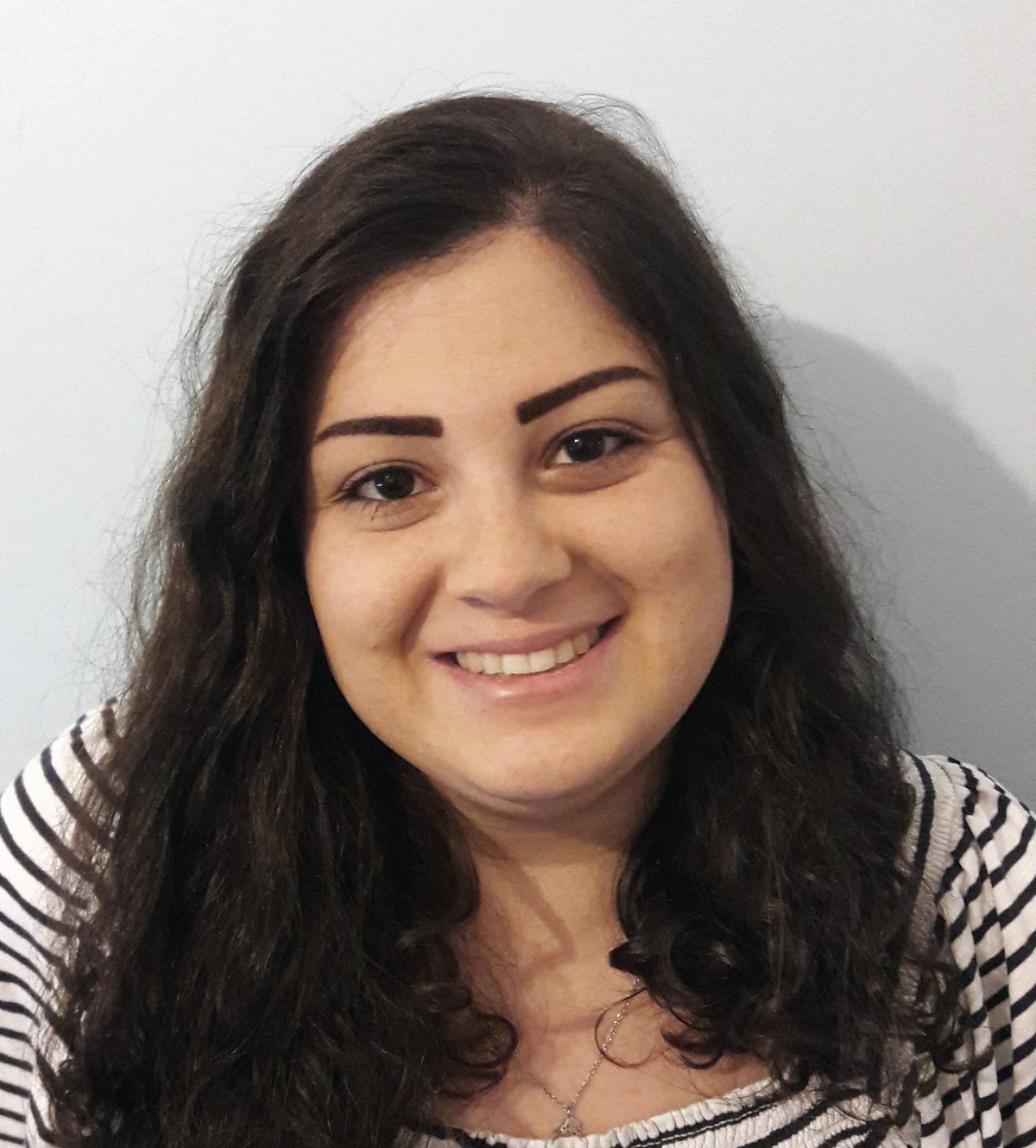TESOL (Teaching English to Speakers of Other Languages) with CELTA MA

Accreditations


You are viewing Course summary
Course Summary
Our MA TESOL (Teaching English to Speakers of Other Languages) is a highly practical course with firmly imbedded theoretical study, designed to equip you with everything you need for careers in fields such as, teaching English, education management, curriculum development, materials design, or an advisory role in education or research. . From answering questions such as “who owns English, and what does it mean to teach it, speak it, learn it?”, to teaching live classrooms to non-native students. MA TESOL graduates emerge from the course with a strong theoretical and practical foundation, ready to shape the future of English language teaching and qualified to step into a teaching job or related employment.
The University of Chester is an approved training centre, authorised by Cambridge English. So, through our unique delivery, you’ll have the rare opportunity to gain two internationally recognised qualifications simultaneously on our full-time course: the Master’s in TESOL and the prestigious Cambridge English Certificate in Teaching English to Speakers of Other Languages (CELTA). You will explore the foundations of pedagogy, modern teaching methodologies, and emerging debates in language teaching, such as English as a Lingua Franca (ELF, or ‘universal language’) and global perspectives on language ownership. The MA TESOL also features a specialist module in phonology, led by a published expert in pronunciation teaching, Mark Hancock.
Although our course options focus primarily on teaching English to speakers of other languages, you will be equipped with teaching techniques that are widely used in TEFL (Teaching English as a Foreign Language), and in teaching younger learners. Alongside this, you will gain a greater understanding of how language systems work, through studying syntax, verbs, tenses, language structures and meanings, and even how apostrophes work!
We firmly believe in the global nature of TESOL at Chester, and you will join a diverse and inclusive community of learners, teachers and lecturers from around the world, bringing different cultural perspectives to discussions on language education.
Some of our recent students have authored their 15,000-word primary research projects on subjects such as: the impact of AI on English Language learning; attitudes towards non-native English teachers; foreign language learning anxiety in Chinese learners; and the introduction of communicative language teaching techniques to schools in rural Pakistan.
What You'll Study
Term 1 covers phonology, teaching English for Academic Purposes and English for Specific Purposes, and materials design. Term 2 has practical classroom methodology and research methods.
The information listed in this section is an overview of the academic content of the course that will take the form of either core or option modules and should be used as a guide. We review the content of our courses regularly, making changes where necessary to improve your experience and graduate prospects. If during a review process, course content is significantly changed, we will contact you to notify you of these changes if you receive an offer from us.
The course is based on the Exton Park site in Chester and will be taught in classrooms and language labs. Delivery methods include using seminars and workshops, and you will develop your skills and knowledge through group work, group and individual presentations, teaching practice, peer observations, peer feedback, as well as independent study and research.
The course includes a variety of assessment types, including essays, presentations, a portfolio of work, peer-teaching, critical evaluation, materials design, and a dissertation. The CELTA course follows Cambridge English assessment requirements and is a combination of essays and an assessed lesson. There are no exams; the assessment of the course is 100% coursework.
Beyond the Classroom
On this course, you may have opportunities where you’ll be able to apply what you have learnt to real scenarios in the workplace, giving you genuine experience and insight that will prepare you for your future career. Students from the 2022/23 MA TESOL secured summer-school work with numerous local organisations: UKLC, who use the Exton Park site as a location for summer schools for teenagers; ELC Chester, a local language school; and Cheshire College South & West.
Entry Requirements
2:2 honours degree
Applicants should normally possess a minimum of a 2:2 honours degree, or international equivalent, in any relevant discipline. As part of the selection process, applicants may be required to attend an interview.
2:1 honours degree
Applicants should normally possess an upper second-class honours degree, or international equivalent, in any relevant discipline with additional emphasis placed upon the student’s preparedness for study and performance at interview which will inform the selection process. A lower second-class degree may be mitigated by substantial relevant work experience.
English Language Requirements
Please note, applicants whose first language is not English must demonstrate they can meet the following English language criteria for this programme:
- IELTS 6.5, or equivalent. Please note that IELTS 7.5 or equivalent is required for the CELTA component.
Fees and Funding
£8,775(2025/26)
Guides to the fees for students who wish to commence postgraduate courses in the academic year 2025/26 are available to view on our Postgraduate Taught Programmes Fees page.
£15,000for a full-time course (2025/26)
The tuition fees for international students studying Postgraduate programmes in 2025/26 are £15,000.
Please note: For MSc programmes where a placement or project year is undertaken there will be an additional charge of £2,750 for the placement/project year (due at the start of the second year of the course).
The University of Chester offers generous international and merit-based scholarships for postgraduate study, providing a significant reduction to the published headline tuition fee. You will automatically be considered for these scholarships when your application is reviewed, and any award given will be stated on your offer letter.
For more information, go to our International Fees, Scholarship and Finance section.
Irish Nationals living in the UK or ROI are treated as Home students for Tuition Fee Purposes.
Your Future Career
Job prospects
This is a practical, teaching-focused Master’s degree designed to produce well-qualified staff to further their careers in English language education. This maybe as teachers of English as a foreign language for those wishing to progress to more senior positions, or for new teachers who wish to follow this exciting and rewarding career path; or for those wishing to advance to education management, curriculum development, materials design, or to an advisory role in education or research. This qualification will make you hugely employable and will enable you to work in either British Council (BC)-accredited schools around the world (CELTA qualified graduates) and/or to move into more senior positions in the English Language Teaching field.
Careers service
The University has an award-winning Careers and Employability service which provides a variety of employability-enhancing experiences; through the curriculum, through employer contact, tailored group sessions, individual information, advice and guidance.
Careers and Employability aims to deliver a service which is inclusive, impartial, welcoming, informed and tailored to your personal goals and aspirations, to enable you to develop as an individual and contribute to the business and community in which you will live and work.
We are here to help you plan your future, make the most of your time at University and to enhance your employability. We provide access to part-time jobs, extra-curricular employability-enhancing workshops and offer practical one-to-one help with career planning, including help with CVs, applications and mock interviews. We also deliver group sessions on career planning within each course and we have a wide range of extensive information covering graduate jobs .

















